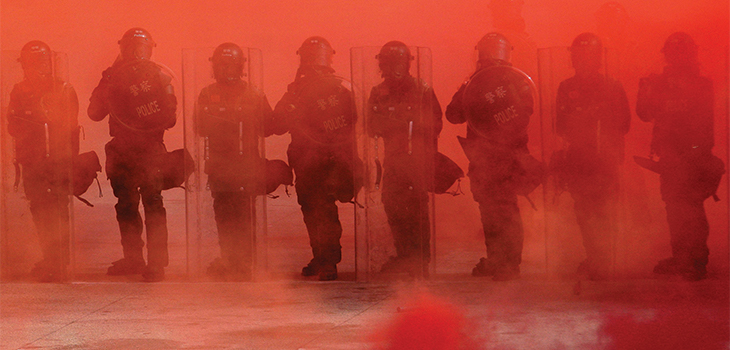
In Hong Kong, the right to a fair trial is fast becoming hypothetical, with a recent police shooting case resulting in the gunshot victim convicted and given a heavy sentence for attacking officers with a paper cutter―despite the video evidence not supporting the prosecution case ‘at all’
Writing in this week’s NLJ, Dr Ping-fat Sze, barrister and criminal law specialist, relays the details of this distressing case and concludes: ‘In terms of the rule of law, Hong Kong is sinking fast.’





.tmb-mov69x69.jpg?sfvrsn=961ae4db_1)
95ca96e3d47f4eff8d147c4f0df17c77.tmb-mov69x69.png?sfvrsn=3db5d86b_1)

